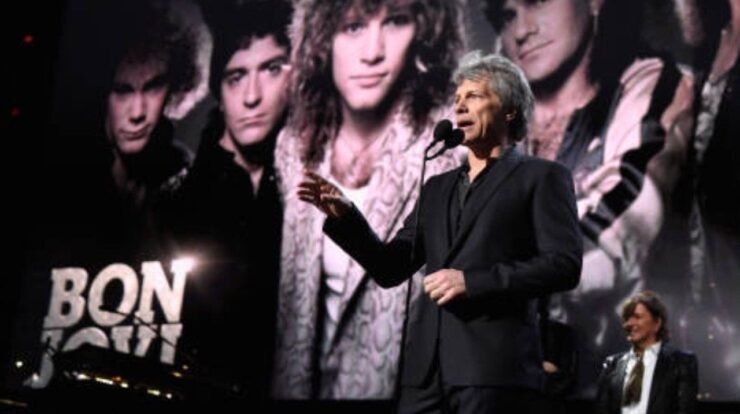
Romance definition – Embarking on a journey to unravel the intricate tapestry of romance, we begin with its fundamental definition. Romance, a captivating genre that transcends time and culture, has evolved to encompass a myriad of expressions, yet its essence remains unchanged: the exploration of love and desire in its purest forms.
From the chivalrous tales of yore to the contemporary novels that grace our bookshelves, romance has captivated hearts and ignited imaginations, leaving an enduring mark on our collective consciousness.
Romance Definition
Romance, a genre that has captivated readers for centuries, encompasses a diverse range of stories that explore the complexities of love and relationships. Its enduring popularity stems from its ability to transport readers into worlds filled with passion, desire, and the pursuit of happily ever after.
Definitions of Romance
The traditional definition of romance in literature dates back to the medieval era, where it was characterized by tales of chivalry, courtly love, and idealized relationships. In contemporary times, the concept of romance has evolved to include a wider spectrum of stories, from light-hearted comedies to steamy historical dramas.
Over time, the evolution of the romance genre has been influenced by societal changes, cultural shifts, and the emergence of new literary trends. As a result, romance novels today encompass a diverse range of themes, settings, and characters, reflecting the evolving nature of love and relationships in the modern world.
Elements of Romance, Romance definition
Despite the diversity within the romance genre, there are certain common elements that define the genre and create a distinct romantic atmosphere.
- Central Love Story:The heart of a romance novel is the central love story, which typically involves two main characters who overcome obstacles and find their way to each other.
- Emotional Intensity:Romance novels evoke strong emotions in readers, from the thrill of first love to the agony of heartbreak.
- Happily Ever After:While not every romance novel ends with a traditional “happily ever after,” most readers expect a positive resolution to the central love story.
These elements, along with others such as setting, characters, and plot, work together to create a compelling and emotionally engaging experience for readers.
Subgenres of Romance
The romance genre is vast and diverse, with numerous subgenres that cater to different tastes and preferences. Some of the most popular subgenres include:
- Historical Romance:Set in a specific historical period, these novels often feature love stories between characters from different social classes or backgrounds.
- Contemporary Romance:Set in modern times, these novels explore the complexities of love and relationships in the present day.
- Paranormal Romance:Incorporates elements of the supernatural, such as vampires, werewolves, or other mythical creatures, into the love story.
Each subgenre has its own unique conventions and characteristics, providing readers with a wide range of options to choose from.
Impact of Romance
Romance novels have a significant social and cultural impact, shaping societal expectations and gender roles. They can:
- Reinforce Traditional Gender Roles:Some romance novels perpetuate traditional gender stereotypes, portraying women as passive and men as dominant.
- Challenge Gender Norms:Other romance novels challenge gender norms, featuring strong female characters and relationships that break away from traditional expectations.
- Shape Societal Expectations:Romance novels can influence societal expectations about love, marriage, and relationships.
Furthermore, romance novels have played a significant role in popular culture, inspiring movies, TV shows, and other forms of entertainment.
Last Word

In conclusion, romance definition is a multifaceted and ever-evolving concept that reflects the complexities of human emotion. Through its subgenres, elements, and cultural impact, romance continues to inspire, entertain, and shape our understanding of love and relationships.
Top FAQs: Romance Definition
What is the traditional definition of romance in literature?
Traditionally, romance in literature refers to stories that focus on the development of a romantic relationship between two individuals, typically involving elements of love, passion, and adventure.
How has the concept of romance evolved over time?
The concept of romance has undergone significant evolution over time, influenced by cultural, social, and literary shifts. Contemporary romance novels often explore more diverse perspectives, address societal issues, and incorporate elements of other genres.





